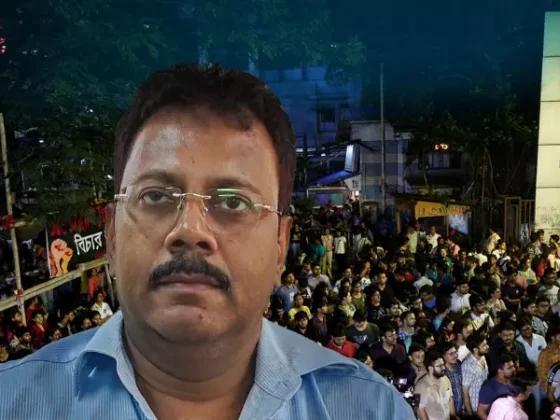New Delhi, August 28: The alarming rise in hepatitis cases among Indian children, as reported by the Indian Council of Medical Research (ICMR), has sparked widespread concern and calls for urgent action. The situation is particularly grave, with the mortality rates from Hepatitis surpassing those of HIV and tuberculosis combined.
Understanding Hepatitis
HP is a viral infection that affects the liver. There are several types of HP, including HP A, B, C, D, and E. Each type caused by a different virus and has its own unique characteristics.
Hepatitis: The Growing Threat
The ICMR’s data reveals a significant increase in hepatitis cases among children in India. This alarming trend attributed to several factors:
- Poor Sanitation and Hygiene: Inadequate sanitation and hygiene practices, particularly in rural areas, can facilitate the spread of HP viruses.
- Contaminated Water: Consuming contaminated water, especially in areas with poor water quality, can lead to HP infections.
- Lack of Awareness: Many people in India are unaware of the symptoms and prevention measures for HP, leading to delayed diagnosis and treatment.
- Limited Access to Healthcare: In rural areas, access to healthcare facilities and essential medical services limited, hindering the prevention and treatment of HP.
The Deadly Consequences
Hepatitis can have severe consequences, particularly in children. If left untreated, HP can lead to liver damage, cirrhosis, and even liver cancer. In severe cases, hepatitis can be fatal.
Hepatitis Management: What Are The Lacking Points?
To address the rising number of hepatitis cases among Indian children, a multifaceted approach needed. This includes:
- Improved Sanitation and Hygiene: Promoting better sanitation and hygiene practices, especially in rural areas, is essential for preventing the spread of HP.
- Safe Drinking Water: Ensuring access to safe drinking water is crucial for preventing HP infections.
- Public Health Campaigns: Raising awareness about HP, its symptoms, and prevention measures through public health campaigns is vital.
- Expanded Healthcare Access: Increasing access to healthcare facilities, particularly in rural areas, will enable early diagnosis and treatment of HP.
- Vaccination Programs: Promoting vaccination against HP A and B is essential for preventing infections.
The rising number of HP cases among Indian children is a serious public health crisis that requires urgent attention. By implementing comprehensive measures to improve sanitation, hygiene, healthcare access, and vaccination rates, India can effectively combat this epidemic and protect the health of its young population.











